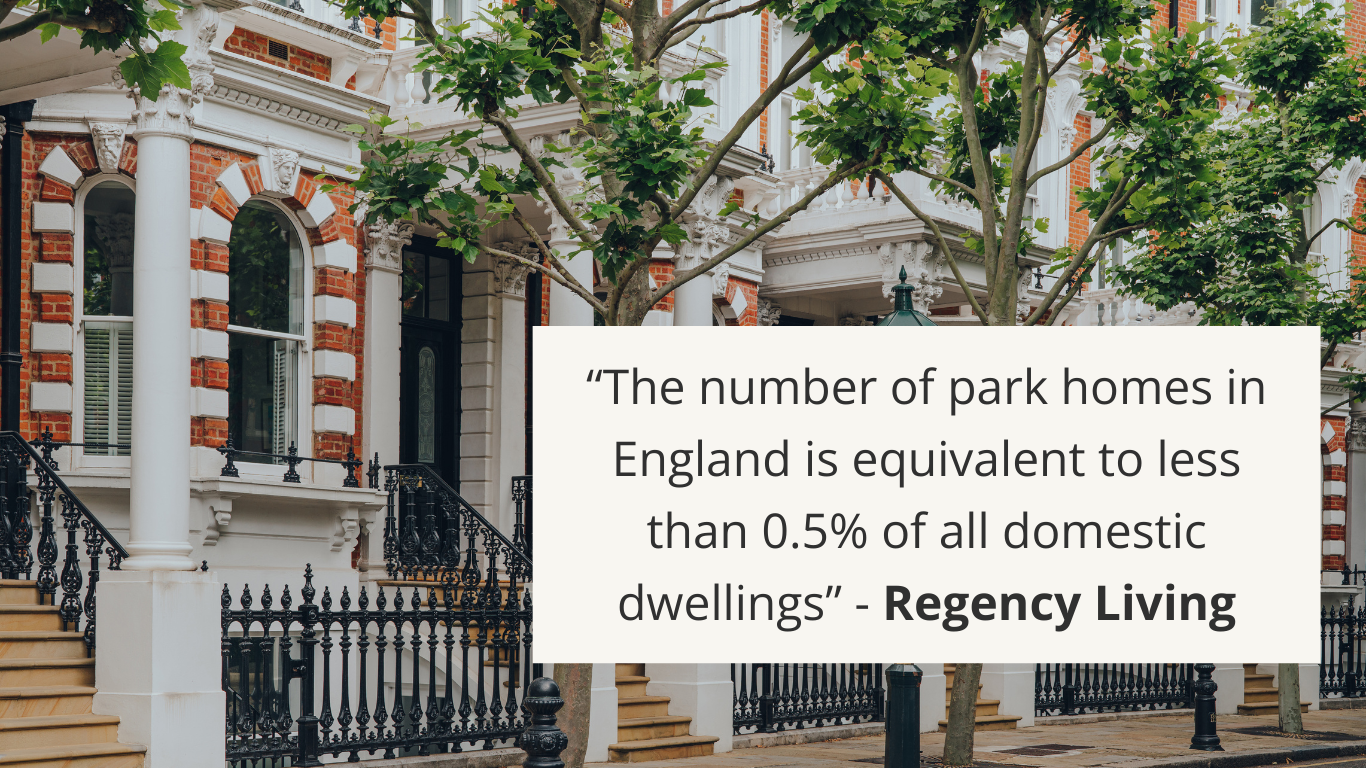
Prime Minister, Boris Johnson having been forced to resign following a series of personal political scandals, Britain is once again a nation in uncertain times. In fact, this sense of unreality or hyper-reality of events is a continuation of how we have been living for the last few years since Covid19 first struck. Coupled with the high cost of living, Brexit uncertainties, and the Russia/Ukrainian war, Brits are unarguably on the verge.
Psychotherapist Noel McDermott looks at how we are stuck in this highly dramatised experience of life with the pandemic, a parliament behaving like a reality show, a war in Europe with a proxy battle between East and West and prior to that of course was the existential crisis of Brexit. And in all of this we seem to have gone back in time with a Summer of discontent, fuel rationing due to prices going through the roof, runaway inflation, and a heatwave. Of course, all these things are connected, and it would be foolish to suggest that the current issues in the conservative party aren’t affected by and exaggerated by the broader climate of drama globally and locally.
Basic Assumption Group Phenomena
There are some psychological processes going on that are worth noting as we move into a phase of what is called basic assumption group phenomena. Programmes like Big Brother activated these dynamics in groups of staggers and filmed them, but we have known about the processes for a long time. Leaderless groups produce large amounts of anxiety in the participants with corresponding dysfunctional exaggerated emotional and behavioural responses:
- Dependency – seeking an idealised leader to relieve the fear and when they fail to do that, scapegoat and blame them and replace with another idealised leader who will fail and then be replaced etc
- Pairing – the development of an idealised couple or double act who will produce the saviour at some point in the future, this is often seen in hyper-sexual behaviours, there is a classic example of this in labour party leadership in the promised hope that leader and deputy will somehow in the future rescue the country from the debauchery of the party in power
- Fight/flight – investing in the belief there is a common enemy in or outside of the group to form a cohesive group around them, this reduces diversity as all must be focused on the fight and give up individuality
- Switching – rapidly moving between these states in a fruitless attempt to find one of them that will fix the problem of not feeling so anxious and afraid
High anxiety within the nation
It’s hardly surprising that we are as a society collectively caught up in high anxiety given the series of existential shocks we have been through for the last few years and it’s hardly surprising that our political institutions reflect this in their current behaviours. To try to place it onto one person is to repeat the failed cycle of idealised leaders who will fail and be scapegoated because they failed to make us feel safe or waiting for a magical messiah in the future or creating enemies to contain our fears.
Advice on how to cope with feelings of increased anxiety:
- Take a deep breath and practice having faith in the future, telling yourself positive internal stories reduces stress significantly
- Helping others helps ourselves. Make time in your day to do something kind/helpful for someone else
- Take a challenging situation and find deeper meaning from it; moving into the bigger picture to explain our challenges to ourselves as purposeful reduces fear and depression
- Put the oxygen mask on yourself (not just the face mask) as if you are not meeting your own needs you will not meet any other needs. These basic needs are self-care, regular exercise, sleep/rest, hydration, social and emotional support
Time to embrace a work group dynamic
What is needed and what is suggested as the antidote to the psychological merry go round outlined above is what is known as a work group dynamic rather than a basic assumption functioning group. In these groups complexity both emotional and relational exist. The only way to survive frightening times is to move from simplicity to complexity, in the work of complexity what we discover are our connections and common bonds.
What is clear at the moment is that parliament is struggling as we all are, and we are seeing increasingly bizarre and erratic behaviours amongst its members. It’s hardly surprising that this is the case, and we need to step into the complexity of our parliamentarians being both politicians with a job to do and people clearly finding these times challenging. We live in very troubled times and there is not going to be a quick or simple way through them. As disappointing as that truth is we have to do the psychological work of accepting that and being able to humanise and think about our politicians as people.
Psychotherapist Noel McDermott comments:
“We are living in tough times, and we have tough times ahead, but we have the best method known for dealing with this sort of stuff; each other. The more we can embrace our connections, the better we will come out of these times. Humans are social animals that are the top of the food chain because of the complexity of the groups we can form. In these complex groups we are able to achieve anything.”
Noel McDermott is a Psychotherapist with over 25 years’ experience in health, social care, and education. He has created unique, mental health services in the independent sector. Noel’s company offer at-home mental health care and will source, identify and coordinate personalised care teams for the individual – www.noelcdermott.net.













Comment